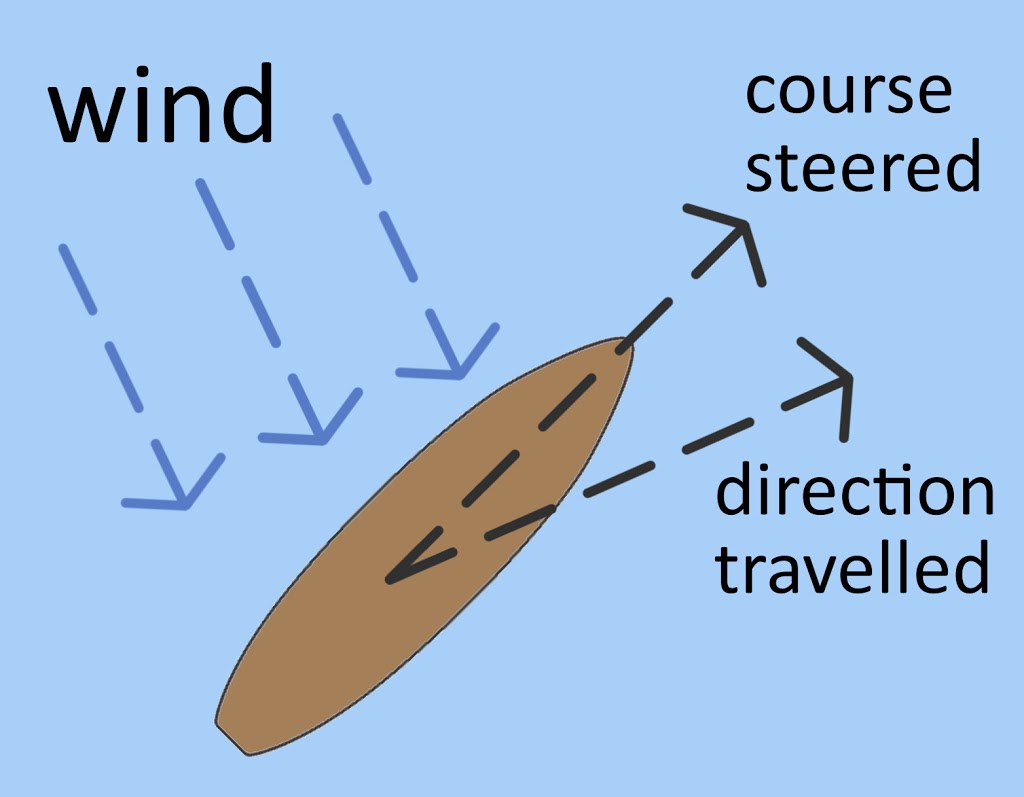
It is possible to know where we are and whether we are moving at all, when we are walking, cycling, or even driving. We can see objects around us, and our position relative to them can help us know if we are moving or stationery. The road markings on the road help us to maintain our lanes, and the roads themselves are a defined path to our destinations.
It becomes a little difficult when swimming, especially when we are learning how to swim. Sometimes we make a lot of random motion but without movement in a desired direction, and we have to pop our heads out of the water to know where we are relative to the edge of the swimming pool.
Motion in Water
When it comes to ships and submarines, it is even harder to determine the exact location. As the ships and submarines move, water and air currents are also active, resulting into drift. Sometimes, even stopping a ship mid ocean for several days is hard, because the ship could drift for hundreds of kilometers.
This was a problem that was solved by use of anchors to hold the ship in position when stationary, use of light house to mark dangerous sections, and observance of heavenly bodies to determine course and location. Later, use of inertial navigation systems to calculate the location of a vessel by using computers, accelerometers, gyroscopes and magnetometers, using a process called dead reckoning was adopted.
Determining Location
Dead reckoning is the process of calculating one’s current position by using a previously determined position, and advancing that position based upon known or estimated speeds over elapsed time and course. It may not be very accurate, but it is quite useful to get you somewhere very close to where you want to go.
Today, use of Global Positioning System (GPS) has made it possible for us to determine where we are with great accuracy, to the point of almost discarding the older techniques. However, even the very accurate GPS can sometimes fail. A case study is the grounding of the cruise ship Royal Majesty in 1995. The antenna cable for the GPS had been cut, and the GPS was no longer functional. For several days, the ship operated well via dead reckoning, but ran aground when it was in coastal waters of Boston. The GPS system had operated flawlessly for several years, and so the crew had full confidence in it. The result was damages amounting to millions of dollars.
Dead Reckoning in Life
Life is also a form of navigation in the high seas. We need excellent navigation systems to avoid running into shallow waters, icebergs or dangerous sections. Sometimes we don’t know our expected destinations, and other times we know the destinations but are not sure of the path. Sometimes we know the paths but dangerous ice bergs can move into the paths. Other times we are sailing to look for new lands, like Christopher Columbus, and thus lack the information from others experiences.
We cannot always depend on other people, civilizations or cultures to determine our position or speed, because they are also moving. We are like first time sailors, in a maiden voyage, given one opportunity to get it right. The best tool that we can use is a GPS that cannot fail.
Does it exist?